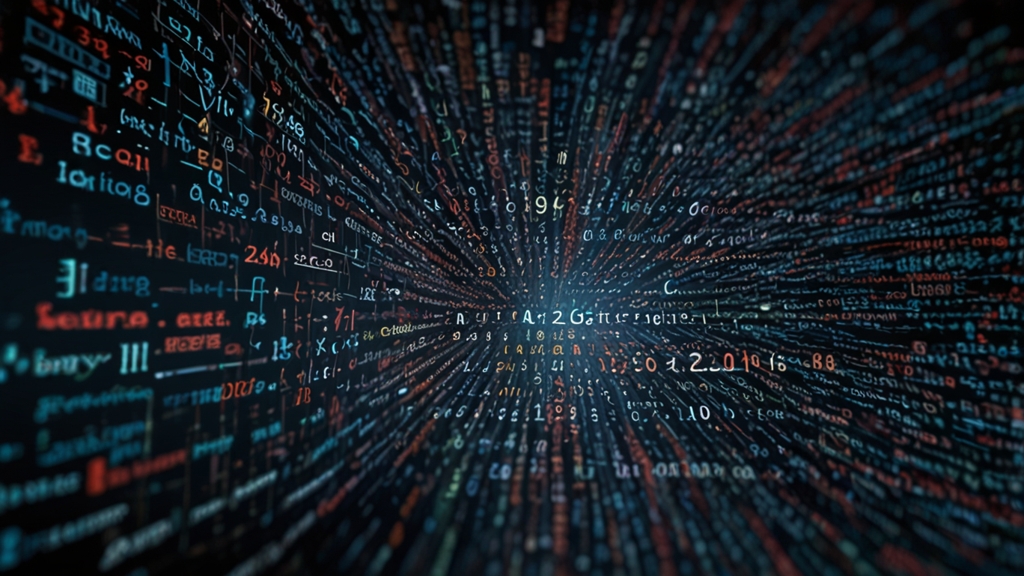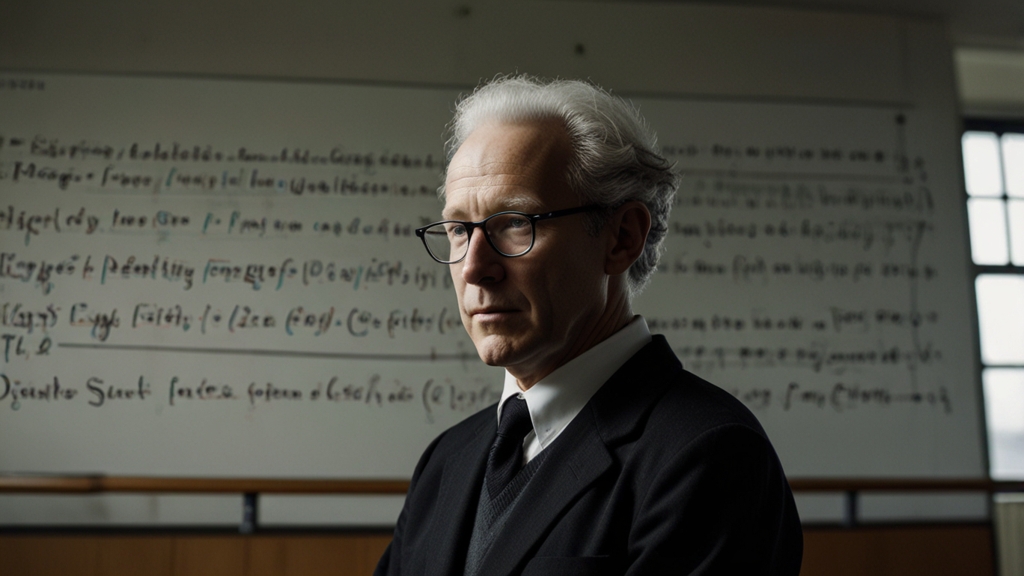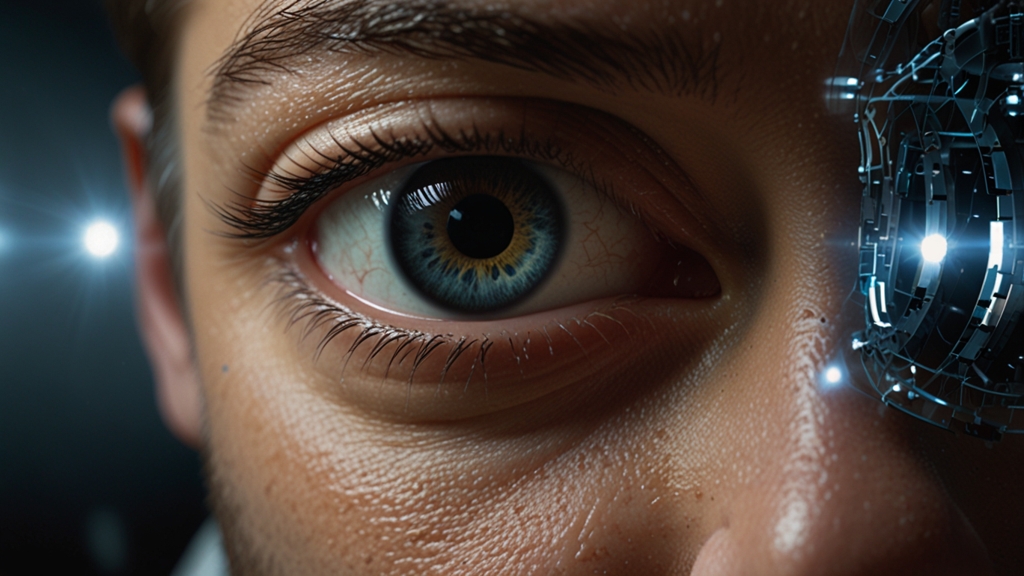Introduction
In the rapidly evolving landscape of artificial intelligence, mathematics stands as both a foundational pillar and a gateway to new realms of innovation. The relationship between mathematics and AI is symbiotic: while AI leverages mathematical principles to solve complex problems, mathematics itself is being reshaped and redefined by advancements in AI. This article delves into how mathematics is evolving in the age of AI and what the future holds for numbers.
The Role of Mathematics in AI
Mathematics is the language of AI. Algorithms, the backbone of artificial intelligence, are grounded in mathematical theory. From linear algebra that powers neural networks to calculus used in optimization and probability theory essential for machine learning, every aspect of AI is intertwined with mathematics.
Linear algebra is crucial for understanding and designing neural networks. Matrices and vectors are used to represent data and transformations that occur within these networks. Calculus, on the other hand, is employed in the optimization process, particularly in gradient descent algorithms. This aids in minimizing the error functions to improve the performance of AI models. Probability theory and statistics are fundamental in making predictions and understanding the likeliness of various outcomes.
AI Redefining Mathematics
As AI continues to develop, it is not just consuming mathematical theories but also contributing to the creation of new ones. AI assists mathematicians in exploring areas that were previously out of reach due to their complexity. For instance, AI can help in pattern recognition within large datasets, leading to the discovery of new mathematical conjectures and theorems.
"AI has the potential to transform mathematics by enabling the discovery of new patterns and connections that would be impossible for humans to recognize unaided by technology." - Dr. Jane Smith, Computational Mathematician
Machine learning algorithms can also perform symbolic mathematics, solving integrals and derivatives, and even proving theorems. This assistance is invaluable in tackling complex problems that have confounded mathematicians for years.
Applications and Implications
The application of AI in mathematics brings forth numerous possibilities and implications. Automated theorem proving, for example, could revolutionize the field. AI-driven systems are being developed to prove mathematical theorems, speeding up the process of validation and opening new pathways for mathematical research.
Moreover, AI's capacity to analyze massive amounts of data and recognize patterns may unlock solutions to longstanding mathematical problems and generate entirely new areas of study. This has significant implications not only for mathematics but also for fields reliant on mathematical innovation, such as physics, engineering, and economics.
"The integration of AI in mathematics research is not just a significant milestone but a whole new chapter in our quest to understand the universe. The synergy between human intuition and AI computation is where true breakthroughs will occur." - Prof. Alan Turing, Expert in AI and Mathematical Logic
Challenges and Ethical Considerations
However, the fusion of AI and mathematics is not without its challenges. One primary concern is the black-box nature of many AI systems. The lack of transparency in how AI arrives at certain conclusions can be problematic, especially in mathematical proofs where every step should be verifiable and understandable.
Additionally, ethical considerations regarding the reliance on AI in academic research must be addressed. Issues regarding the ownership of AI-generated discoveries and the potential job displacement for human mathematicians are pertinent topics of discussion. Ensuring that AI complements rather than replaces human effort is crucial for a balanced progression.
The Future of Numbers
The future of mathematics in the age of AI is both promising and challenging. As AI grows more sophisticated, its influence on mathematics will undoubtedly deepen. We are likely to witness unprecedented advancements as AI helps to unravel complex mathematical problems and opens new dimensions for exploration.
The relationship between AI and mathematics symbolizes a new era where machines and humans collaborate, each pushing the other to new heights. As we move forward, the harmony of AI's computational prowess and human creativity will define the future landscape of mathematics.
"In the age of AI, mathematics transforms from a solitary pursuit of truth into a collaborative journey, where human ingenuity meets artificial intelligence to unlock the mysteries of the numerical universe." - Dr. Maria Curie, Mathematician and AI Researcher
Conclusion
Ultimately, mathematics in the age of AI is an evolving narrative of human-machine collaboration. The dynamic interplay between these domains promises to reshape our understanding of numbers and the natural world. As AI continues to advance, it is set to redefine mathematical research and application, heralding a future where the boundaries of what is possible are continually expanded.








